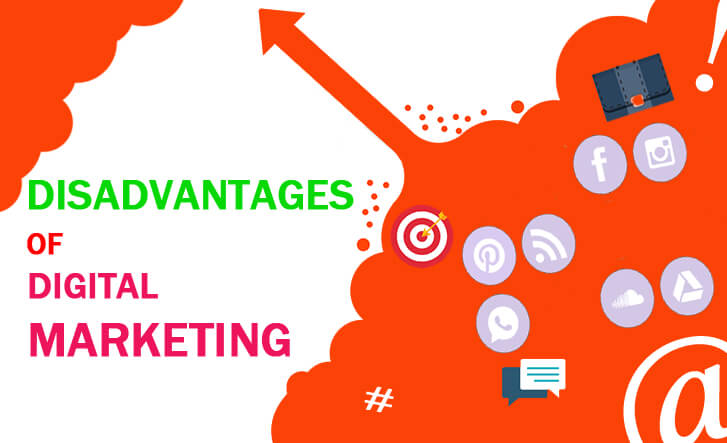In these eras, digital marketing strategies are followed by digital marketers. Welcome to the digital revolution at Techy Digital Marketing, where we redefine the landscape of success through strategic digital marketing. In a world driven by clicks and conversions, your brand’s journey to prominence begins with a meticulously crafted digital marketing strategy.

Though this has been one of the biggest technological advancements for businesses of all kinds, it does have certain drawbacks and challenges that you should be aware of.
1. High Competition
Since the competition has increased significantly recently, the digital marketing strategy needs to be well-planned, distinctive, catch people’s attention, and influence the target demographic. Any repetitive approach or method will rapidly force the brand out of the race. Digital marketing campaigns are becoming increasingly competitive. As a result, firms must be responsive to their client’s demands and relevant to them.
2. Time Consuming
One of the major disadvantages of digital marketing is the investment of time. Organizational techniques and approaches can save time, making it hard to devote enough time to the campaign. In the long term, this will be detrimental. As a result, it has been suggested that the company focus on a strategy and generate and pick content accordingly. Digital marketing technologies such as Hub Spot, social media posting, and scheduling programs like Hoot suite and Tweet deck should be leveraged to overcome difficulties.
3. Security & Privacy Issues
Security is the most important necessity for every brand. As a result, you must take website protection seriously as a digital marketer. It is usually recommended to secure and protect network connections by employing firewalls and encryption solutions such as VPN. The fundamental strategy of having a decent antivirus is the most preferable. Legal considerations in getting client data for digital marketing campaigns must be completed with all appropriate procedures. Customer data must be protected first and foremost because it may be compromised during data breaches.
4. Dependability on technology
Digital marketing is purely technological, and the Internet is prone to mistakes. There are times when links need to be fixed, landing pages do not load, and page buttons do not perform their job. This causes prospective customers to switch brands. As a result, a website test is required to avoid this. Reviewing the text and ensuring that the campaigns will operate in their intended niche is also necessary.
5. Complaints & Feedback
Maintaining a brand’s reputation by responding appropriately to negative feedback is tough. Anyone may comment or critique your product or service on digital platforms distributed to your target audience via social media networks and review channels. Unless you have a solid foundation built on brand loyalty and excellent customer service, each bad review may negatively impact some of your customers.
6. Inaccessibility
Although online marketing provides companies with a worldwide reach, it only reaches some areas or individuals. For example, in rural locations where internet service providers are scarce or the internet connection is inadequate. Furthermore, illiterates and the elderly who do not utilize the Internet are not reached through digital marketing.
Conclusion
While digital marketing has certain advantages, the long-term rewards frequently exceed the costs. When done effectively, it may help businesses reach a bigger audience, raise brand awareness, and create leads and sales. That is why many businesses are willing to make the required investments to launch and sustain a successful digital marketing strategy.
You can refer to other websites for more information.
